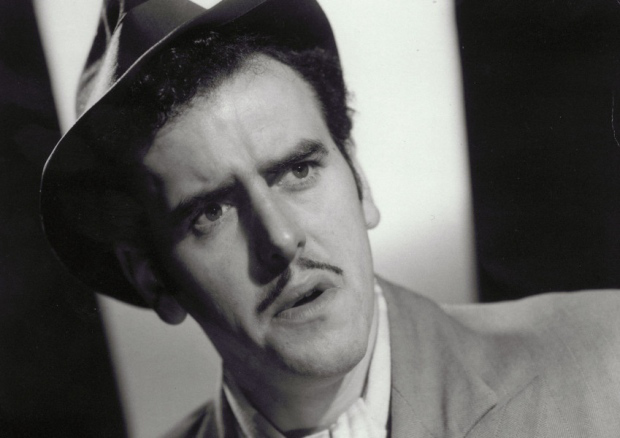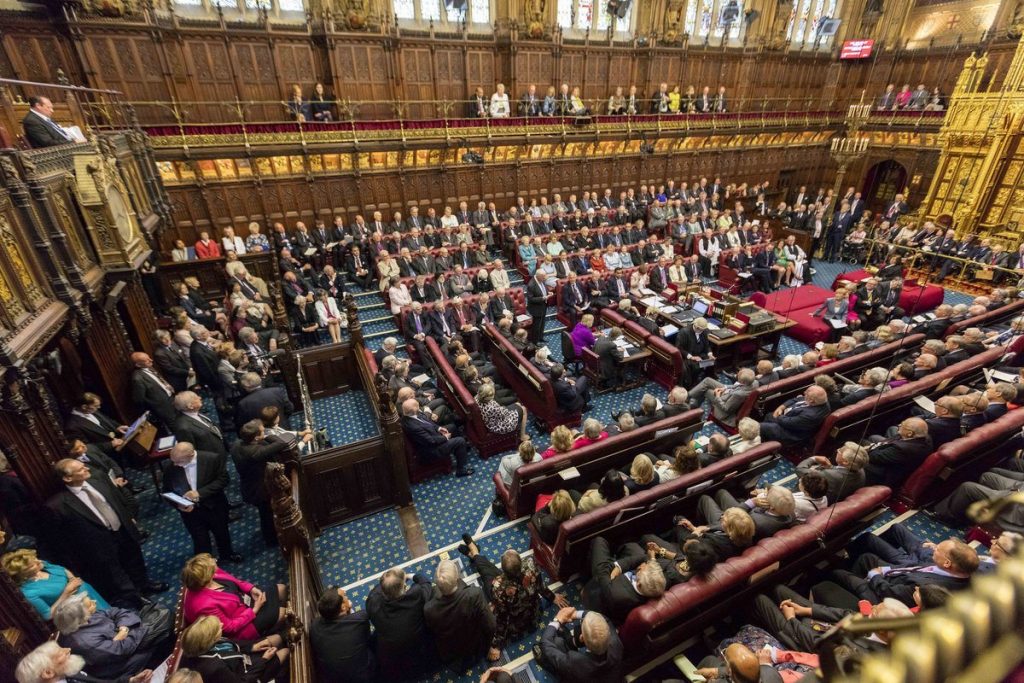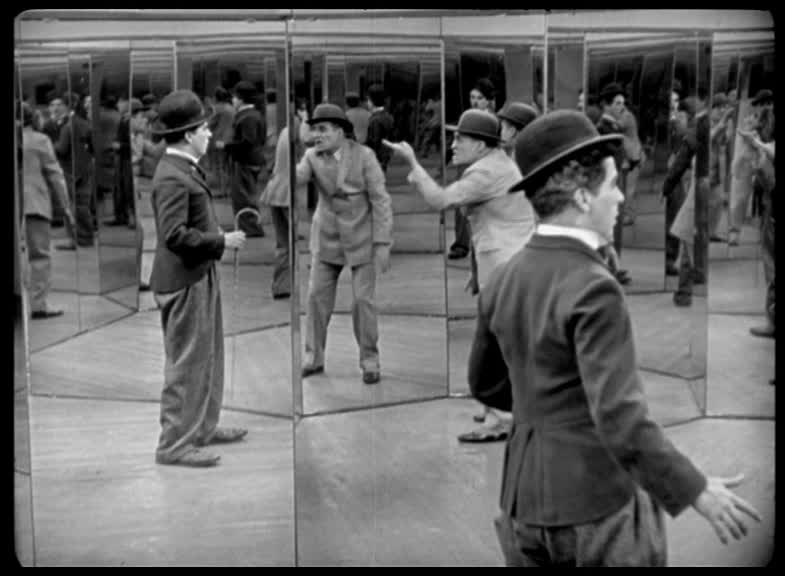The black market flourished during World War Two. Some of that approach spilled over into the 1950s and beyond. This was best betrayed by the figure of Flash Harry, played by George Cole in the old black and white Ealing comedies of the time. Some of this spirit was still apparent in the TV series Minder, co-starring Dennis Waterman, twenty years later.

Spivs do deals. Citizens negotiate. So who are we, we Brits? Spivs or Citizens?
Spivs
OK, the Americans elected, by a flawed electoral system*, a spiv. (*Reminder: Clinton won the popular vote.) But one with an American flavour, more Tony Soprano than Arthur Daley. But then, of course, the defining moment for the USA was Prohibition in the 1920s and 30s instead of the war for us.
There’s more than a little of the spiv in David Davies, our, don’t laugh, Chief Negotiator. But Theresa May left the EU summit threatening the EU27 about security cooperation. It came from the “they need us more than we need them” way of thinking we hear from time to time. As Marina Hyde says in Saturday’s Guardian: “Of the many roles in which May has been cruelly miscast herself, that of crap blackmailer is the most excruciating”. Blackmail: classic spiv behaviour.
Britain has never taken the time over the past 45 years of membership to really understand how the EU works. Media coverage of the routine work (where decisions actually get made) is virtually non-existent. The lies about straight bananas and the rest, dreamed up years ago by a bored Boris Johnson in his role as Brussels correspondent for the Daily Telegraph, hold a resonance to this day. It’s clear May has never bothered to educate herself either. It’s that or she has been bullied into taking a spiv-like stance by the Exit extremists in her cabinet, or, more likely, by the right-wing press. She continues to mistake these extremist views for public opinion.
At a time of real existential crisis for this country, she has failed to act in the public interest. Yes – I’m sorry – I’ve forgotten how many times I’ve said that already in earlier posts.
Citizens
I thought, wrongly as it turns out, that we were more “European” than we actually are. Half of us are, but not quite enough to win a simple 50:50 vote. European values – but not the EU – gave us the European Convention on Human Rights. The EU provides the foundation for much of the anti-discrimination and workers’ rights protections that many take for granted and other continue to use in their fights in the courts against patently unfair treatment. There are many in the Tory Party, not just Leavers, who would much prefer to see the whole Rights legislative framework dismantled. They see Responsibilities, not Rights, and see privileges as handed down on high from those entitled to run the country to the undeserving rest of us. For which, of course, we are supposed to be grateful.
European values, upon which the very values of the EU are built, start from the other end of the argument. During the course of the last few days, key European Leaders, in particular Angela Merkel, Emmanuel Macron and Leo Varadkar have all spoken of European “values” when discussing issues debated at the summit. Varadkar, in particular, has been the most outspoken, at least as reported in print. He cites these values as fundamentally incompatible with any proposals likely to emerge from the Chequers away day next Friday. In other words, May will spend a whole day debating amongst the warring factions of her own Cabinet to come up with a White Paper that will be rejected out of hand by the EU27. Other key EU leaders have supported Varadkar. So the old British strategy of “divide and rule”, so successful in the days of the British Empire, won’t work this time.
That doesn’t stop May going on a futile round of meetings at various EU capitals this week. And, anyway, isn’t it the job of the Foreign Office to give May impartial advice in this area, Oh no, wait a minute, I see a problem here… who was it May appointed as Foreign Secretary?
Nevertheless, by temperament, I’m an optimist. I mean that in the general sense that, on average, tomorrow will be better than today. One way we achieve that is by listening to each other with mutual respect and learning from this. Right now, we seem beleaguered and voiceless.
Teflon Spivs

Arthur Daley and Flash Harry are easy to identify as spivs. A more lovable type would be Delboy Trotter, of Only Fools and Horses fame. John Sullivan’s excellent script allowed all the main characters – and some minor ones too – to be developed into fully-fleshed, rounded characters. I, like many others I suspect, shed a tear or two at the “this time next year, we’ll be millionaires” moment just after the birth of the baby. But I digress.
In Britain, we have a very subtle, and very British, way of disguising our worst spivs as respectable members of society. I use the term “Teflon Spivs” here to describe them. Sometimes, all it takes is a little Latin: I speak of our Foreign Secretary again. A posh voice works: when coupled with a total disconnect from modern, everyday life, it’s irresistible to some. Yes, of course I mean Jacob Rees-Mogg. We simply build on our good old English class system. It still does the trick for a significant minority. Together with our undemocratic “first-past-the-post” voting system, it’s usually enough to keep the Tories in power on a minority of the votes cast for non-progressive parties.

Teflon spivs abound in all areas of the Establishment. The House of Lords and the honours system are both inherently designed to promote Teflon Spivs. The Big Four accountancy firms are made up of them. The revolving door between the arms dealers and the MoD (the most corrupt Department in Whitehall) accommodates them. And some – I stress some – company directors fit this description. Oligarchs – who seem usually to be foreign, mainly Russian for reasons of geopolitics – are a significant subset of these characters.
Class War
The Labour Party has made itself largely irrelevant to this debate. There aren’t really any spivs – of either Teflon or non-Teflon variety – in the Labour Party. It is engaged in its own internal debates between the “Blairites”, who essentially said the Teflon Spivs, like the poor, will always be with us and we must accommodate them somehow, and those, including Momentum, who want to confront this position. Single-issue groups, on gender equality – think Me Too and similar movements – or the self-help groups following the Grenfell Tower disaster – offer room for hope.
Me? I think we’re overdue a proper class war. With social media and smartphones, this one will look different from the old days. I’m of the wrong generation to say what it will look like. But something is needed.
Spivs or Citizens?
That last paragraph means that I think more like a European than a traditional English person. There are a lot of us, but, sadly, not enough to set the terms of the debate. With the Rees-Mogg wing of the Tories impervious to facts and rational ideas, injecting liberal rationality into the ring is futile. So I guess things will get a whole lot worse before public opinion changes enough.
Right now, we are two countries, split down the middle. Danny Dyer was right when he blamed this on David Cameron. It may be a turning point – it may not.
But in the end, it will all boil down to what sort of country we want to be: spivs or citizens?



